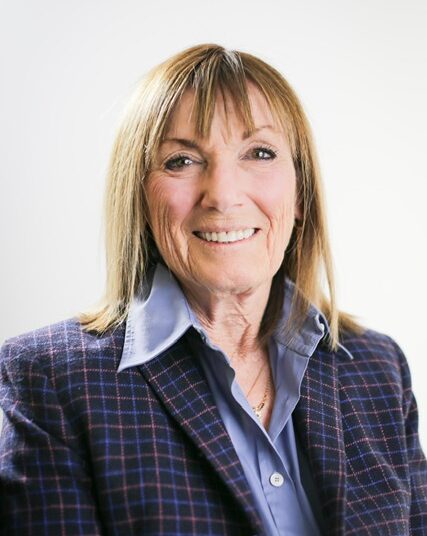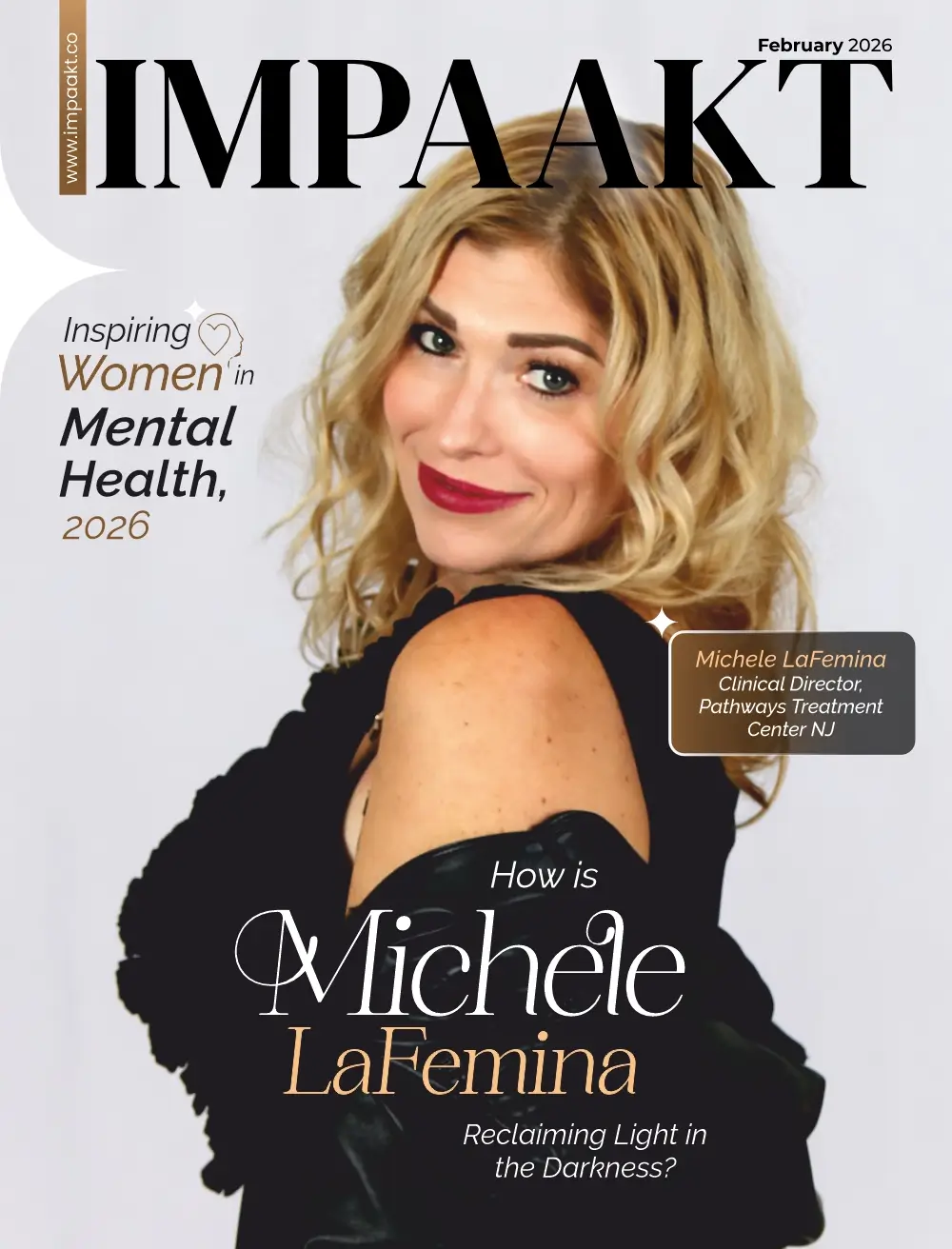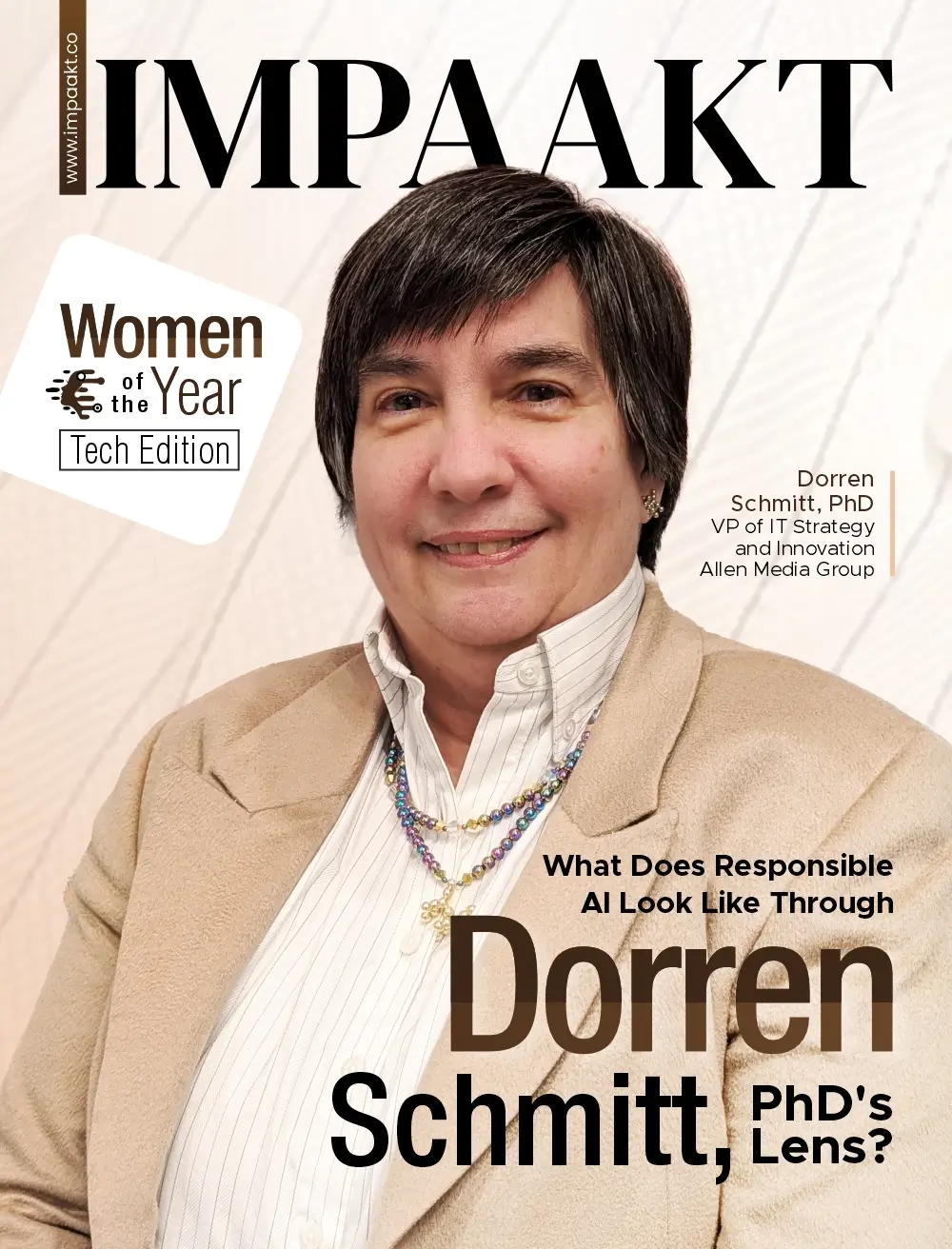Adolescence – one of the most significant times that shape a child’s future. From mental, biological and social wellbeing, it is this age that acts as a catalyst for the future life. Unfortunately, 1 in 7 children are prone to child abuse and adverse childhood experiences. There are multiple factors that contribute to these unsettling statistics, but the primary is neglect and lack of awareness.
Child maltreatment also causes serious concerns. Juvenile crimes being the most serious and alarming ones. As per the United States enforcement agencies, “424,300 arrests reported of persons under age 18, 71% less than the number of arrests in 2011.”
However, this is just the tip of the iceberg! The after life of juveniles, when they pass through trial or their time in prison is really shocking. It is high time to treat children with empathy and care rather than treating them just like adult criminals.
Dr. Wendy Smith understood these issues and has dedicated her life to reforming this world of child development and juvenile care. She is a retired clinical Professor of Social Work and Associate Dean of Curriculum Development and Assessment at the University of Southern California Suzanne Dworak-Peck School of Social Work.
Her recent book, “Youth Leaving Foster Care: A developmental, relationship-based approach to practice,” has opened new avenues for addressing the needs of foster youth.
Realizing her decade of contribution to child development and juvenile care, we at IMPAAKT Magazine, dived into an interview with Dr. Smith to learn more about the childhood maltreatment and what are key insights that the global ecosystem needs to acknowledge!
Can you share with us your journey from being a clinical professor of social work to your involvement in various community organizations focused on children and families?
I spent the first twenty years of my career in clinical practice, returning to school for my Ph.D. when my children reached school age. I loved my profession’s emphasis on both person and context, and taught child development and clinical practice to social workers earning their master’s degrees. Because of my work with vulnerable youth, I was recruited by United Friends of the Children to help design a transitional housing program for foster youth. Recently, Human Rights Watch asked me to bring my expertise in adverse childhood experience and juvenile crime to workshops for juvenile offenders serving long prison sentences, and that experience inspired me to write a book about early childhood and juvenile crime.
As a seasoned professional in social work and psychotherapy, what motivated you to specialize in treating survivors of childhood maltreatment?
My parents were adolescents when their families fled Nazi Germany and the looming holocaust. Their traumatic experiences combined with family histories of mental illness and drug addiction led to abuse in my childhood—these were the seeds of my interest in working with survivors of maltreatment. The work was powerful—I saw how my way of being present and providing witness led to healing. My inner motivation deepened at the same time as my practice expanded with referrals of other people who struggled with similar issues.
Your book, “Youth Leaving Foster Care: A developmental, relationship-based approach to practice,” has been influential in the field. Could you elaborate on the core principles of your approach and how it addresses the unique needs of foster youth?
The core principles of my work rest on three ideas about human life.
First, we exist in constant interaction with the social, economic, and physical environments in which we find ourselves. For example, a child who lives through repeated dire health emergencies of her mother will likely have an overdeveloped stress response system versus one whose early life is uneventful.
Second, the way we develop depends on the interaction between what we are born with (our genetics and potential) and our environment. A child born with high intellectual potential, but who attends disadvantaged schools or who must work to help his/her family survive may never fully realize that potential.
Third, relationships are primary. We experience the world through relationships—with parents, teachers, other adults. These three concepts have poignancy in the lives of foster children, whose environments are often turbulent and whose important relationships are often disrupted or disturbed, compromising their opportunities to develop to their full potential.
With your extensive experience in academia and practical social work, how do you see the evolving landscape of social work education, particularly due to advancements in technology and virtual learning platforms?
Technology explodes the boundaries of accessibility of social work education. In my university’s virtual program, we could for the first time include geographically far-flung students (one on an island in Alaska), working parents whose schedules were onerous, students with disabilities who were unable to attend in person, the possibilities are endless. At the same time, we can’t underestimate the value and impact of chance encounters that can only happen in person—after all, social work is all about relationships.
You’ve been deeply involved in various boards and committees related to child welfare and youth development. What do you see as the most pressing issues facing children and families today, and how do you believe we can address them effectively?
That is a huge question. The biggest issue is poverty, from which so many other problems flow. The most consequential of this is access to housing. Families face homelessness in unthinkable numbers in almost every city in the U.S.A. Stable, adequate housing allows parents to work, children to attend school, and families to be safe. Solutions to homelessness must be a local, regional, and national priority.
The importance of child development, including brain development, is undervalued; this needs to be communicated broadly and powerfully through every possible avenue. This knowledge can and should inform all policies and services related to children and families.
Schools—the one place where all children are seen daily—need to play a bigger part in helping children who are struggling, whether academically, socially, or behaviorally. Intervention early on can change trajectories for the good of all.
Could you share any insights or experiences from your time serving on the Los Angeles County Commission for Children and Families, particularly regarding policy initiatives or changes you advocated for during your tenure?
During the COVID pandemic, one of my initiatives as Commission Chair was to get social workers in the Department of Child & Family Services the personal protective equipment, they needed to be able to safely continue home visits to children at risk.
Children of color are greatly overrepresented in the juvenile justice and child welfare systems, and the devastating police murder of George Floyd brought home the need to establish a Racial Justice Committee while I was Chair. The commission advises the Board of Supervisors; this committee’s work cuts through every policy affecting children and families.
Another initiative that I am most proud of is the creation of the Los Angeles County Foster Youth Bill of Rights & Services that set forth the rights of children in placement and served as a model for all 58 counties in California.
Your background as the child of refugees from Nazi Germany must have shaped your perspective on resilience and adversity. How has your personal history influenced your professional approach to working with individuals and families facing trauma and displacement?
The losses and wounds of my then very young parents—the hatred directed at them, the fear, the relatives and friends who were killed in the Holocaust, the displacement—were internalized with no opportunity to heal or grieve. Yet they are examples of how people move forward, even adventurously, showing resilience that exists side by side with suffering.
This combination of surviving childhood trauma and its enduring effects, while finding ways to embrace life and take chances is true of my own life. In my work with people, I want them to feel that together we can confront their trauma, knowing that it is only part of who they are. Acknowledging what has happened to them will free them to find the rest of themselves.
As an advocate for individuals incarcerated for crimes committed as juveniles, what are some key reforms or initiatives you believe are essential for improving the juvenile justice system and supporting rehabilitation and reintegration into society?
A critically needed reform is ending the practice of trying children in adult court or holding them in adult prisons. The “executive functions” — judgment, decision-making, and impulse control—of the brain do not fully develop until the mid-twenties. The way we respond to juvenile crime should align with this knowledge. A kid who shoplifts at age 16 should not be dealt with in the same way as an adult.
We should invest in community programs and clinical interventions rather than detention. Young people can be helped with family or school or social problems (often at the heart of delinquency) in the communities where they live. Our current system of detention is associated with higher rates of school dropout and arrests in adulthood. Kids placed in juvenile detention facilities are disrupted in their education, separated from their families, and exposed to further trauma and violence. Those held in adult prisons are 36 times more likely to commit suicide than those placed in juvenile facilities.
How do you balance your professional commitments with your personal interests and family life, particularly with such a diverse and active family dynamic?
Balancing work and family are lifelong challenges, especially for women. Whatever you’re doing, you can’t help feeling moments of conflict. I felt it strongly as a mother of young children, and even now, as a grandmother. I think the answer for me is learning to live with the occasional inner conflict, knowing that it is sometimes unavoidable.
Looking ahead, what do you envision as your next steps or projects in your ongoing efforts to promote social justice and support vulnerable populations, both locally and globally?
I am writing a book which grew out of the two years I spent interviewing men and women who had served long prison sentences for crimes they committed as teenagers. Impulsive acts made in heated moments by kids whose brain development is still under way changed their lives and those of others in a split second. Their wrenching stories expand our understanding of how toxic stress can make children vulnerable to committing violent crimes. Yet, despite their often-tragic childhoods and long years in prison, the capacity to heal and change survived within them. The lessons of their stories point the way to helping children feel loved, seen, and regarded earlier in life and creating a healthier, more compassionate society.

 More About Wendy Smith
More About Wendy Smith










